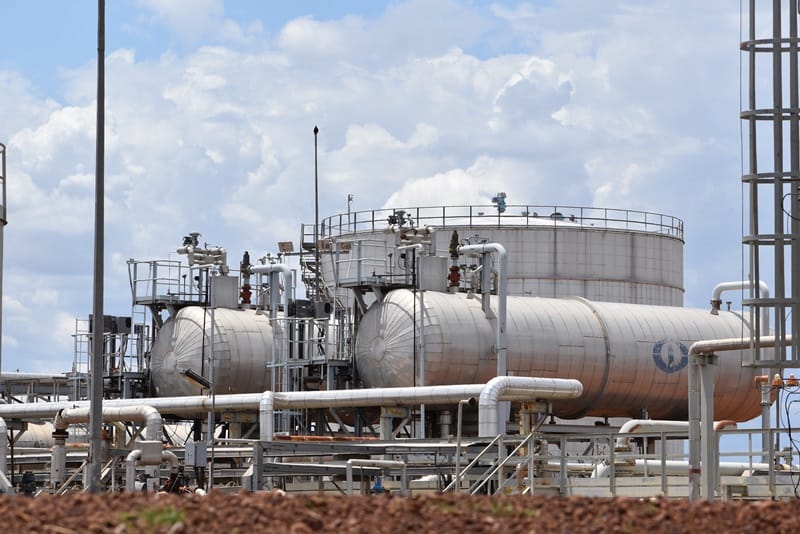South Sudan’s northern neighbour has itself signed a peace deal aimed at ending 17 years of armed conflict. The talks between Sudan and the main rebel alliance were hosted and mediated by the Juba administration. Many are hoping this is a new beginning for Sudan. Signed at the end of August after months of negotiations, the deal between the Transitional Government in Khartoum and the rebels seeks to end violence in the troubled regions of Darfur, South Kordofan and the Blue Nile.
A final peace deal is expected to be signed on 2 October 2020.
South Sudan’s role in the peace deal demonstrates how the relationship with Sudan has matured and is today very different from what it was like in July 2011, when Juba gained independence from Sudan. Following the establishment of the new state, there were various border disputes and hostilities around economic competition, there was historical acrimony and distrust among ethnic groups, and political disputes over access to, and control of, land. A turning point in the relationship came when Sudan’s Omar al-Bashir was ousted as president in April 2019. There has since been a marked improvement in bilateral relations.
But South Sudan continues to literally pay for its independence. In 2011, the country signed an agreement with Sudan to compensate the country for its former oil reserves which now form part of South Sudan. Included in the deal is the Transitional Financial Assistance (TFA) which is a US$3 billion non-commercial tariff. The TFA is being repaid at a level of US$15 per barrel and is set to be fully paid off in 2021.

South Sudan is also paying its northern neighbour a processing fee of US$1.60, a transit fee of US$1.00 and a transportation fee of US$8.40 for Nile Blend and US$6.50 for Dar Blend per barrel. The country pays these commercial fees as its oil is transported to refineries and for export through Sudan. Because of a shortage of funds, payment currently takes the form of oil deliveries to an oil refinery and a power plant in Sudan, at a rate of approximately 28,000 barrels per day.
These set costs of US$26.00 for Nile Blend and US$24.10 for Dar Blend per barrel, together will an estimated cost of production of US$11 per barrel, means South Sudan needs to sell its oil for at least US$37 just to cover costs. It’s been a struggle for the country, as Hon. Eng. Awow Daniel Chuang, Undersecretary of the Ministry of Petroleum explains, “We are running short and sometimes are unable to even pay salaries because we don’t have enough funds. We will be able to breathe again once the TFA is fully paid up. Even during difficult times, South Sudan has never failed to pay our northern neighbours.”
South Sudan is eagerly looking forward to the day in 2021 when the final TFA payment is made. It will then have been ten years paying off a US$3 billion debt – in reality, a small price to pay for independence.

